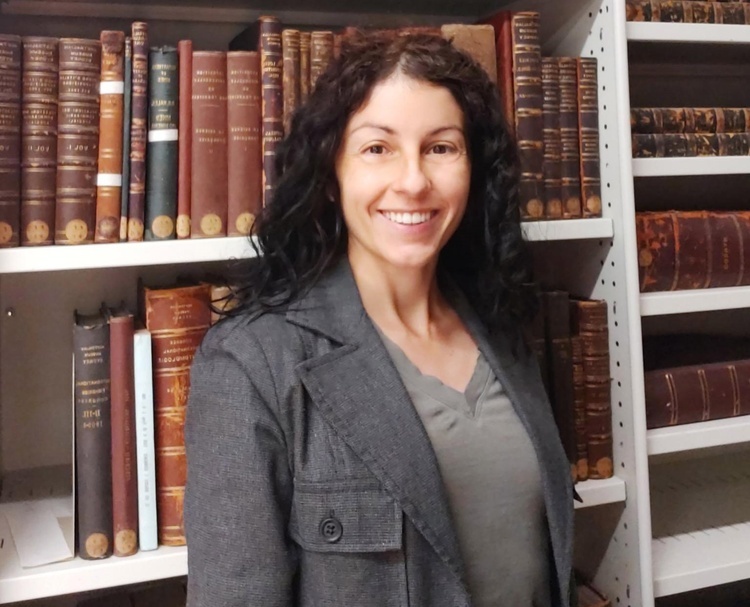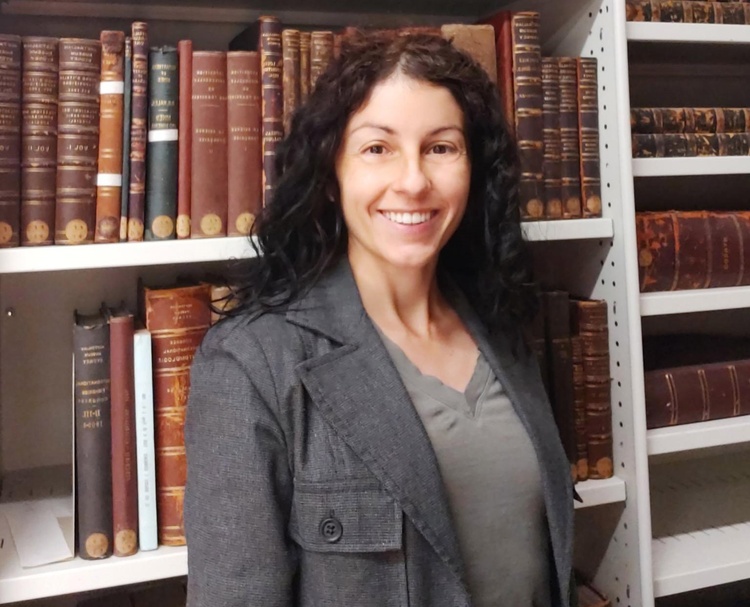SYDNEY - In 2015, Irene Guidotti arrived in Melbourne from Florence thanks to a scholarship. She came with the goal of obtaining a certification that would allow her to continue working in libraries.
“The path to becoming a librarian in Italy is quite complex and managed by cooperatives, making the process of gaining a permanent role very challenging,” Guidotti explained with a gentle voice and determined tone.
“The [English speaking] world is much more advanced in this field, which motivated me to specialise in Australia.”
Her Australian adventure got underway as she enrolled at Monash University, where she found a part-time job at the university library and was able to put into practice what she was learning in class.
“I didn’t initially expect to be selected,” she admitted, “but the experience I had gained in Italy was looked at positively.
“I started in the academic section, which among various roles is responsible for supporting the different faculties.
“Given my background, it was natural to collaborate with the Italian Studies department, acting as a bridge between our team and theirs. I also organised events, sought suitable resources and acted as a liaison with Italian suppliers.”
After seven years in Melbourne, Guidotti moved to Sydney in 2022 to accept a job offer at the Australian Museum, Australia’s first museum.
There, she was recently promoted to the role of Acting Head of the World Cultures, Archives and Library Collections.
It was a significant advancement for Guidotti, who initially viewed being Italian as a disadvantage, but eventually realised it’s the opposite.
“The Italian language, which I hadn’t imagined would be so useful, has proved to be more beneficial than I expected,” she explained.
“At the museum, we get a lot of requests from Italy, as our collection includes a section dedicated to ancient and rare books.
“We also have many texts in Italian and medieval Latin, which I understand easily and can describe and promote more effectively.”
Of course, knowing a language isn’t enough. A wide skillset, curiosity, initiative and interpersonal qualities are also required. Guidotti possesses this mix, which allowed her to impress those who hired her.
“[The selectors] positively evaluated my previous experience in digitising the archives of Italian libraries where I worked and specialised in manuscripts of travellers and scholars of ancient cultures,” she said.
Despite only recently taking on this significant responsibility, Guidotti feels comfortable in her role even though there are often complex decisions to be made and a considerable workload.
“I believe my Italian background has also helped in building relationships with colleagues,” she revealed.
“In general, we manage to warm up the environment and make others feel at ease. And Italy fascinates everyone. [People] are curious to hear my story.”
One section of the museum she particularly enjoys walking through during her lunch break is the dinosaur section. She’s had a passion for these extinct creatures since she was a child.
“I think it’s important to continue studying the origins of the world,” she said of her fascination.
“Being part of this museum has helped me fully appreciate the significance of research related to scientific fields.”
The Australian Museum has a section entirely dedicated to research: the AMRI (Australian Museum Research Institute). There, about a hundred people including researchers and scientists are engaged in various fields of study - from climate change and biodiversity to the study of natural history.
The historical archive, which includes texts by prominent 19th-century naturalists and scientists describing Australian animal species for the first time, is also of particular interest to Guidotti.
Her goal is to make this information accessible to as many researchers as possible through the digitisation of the historical archive, because “research progresses even from collections that are 200 years old”.












